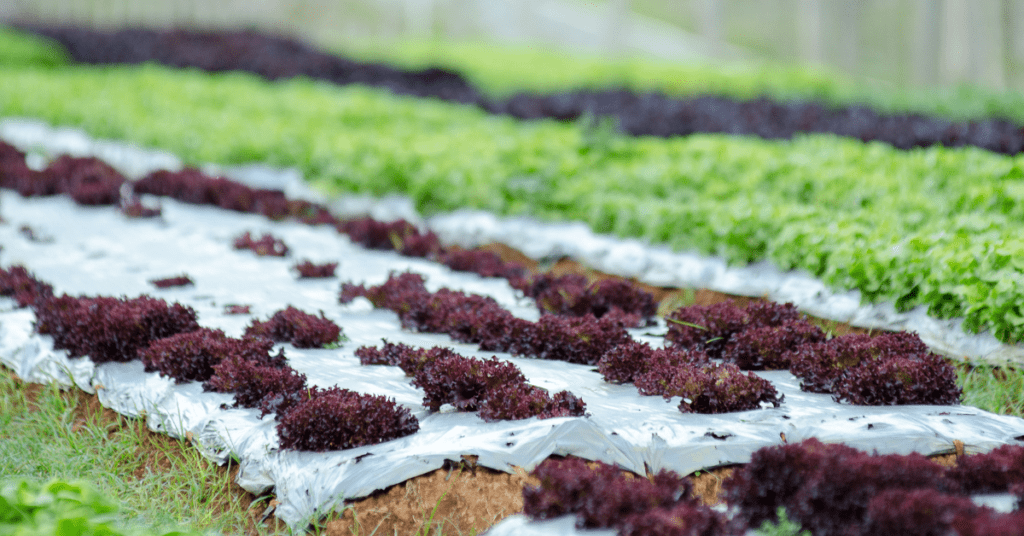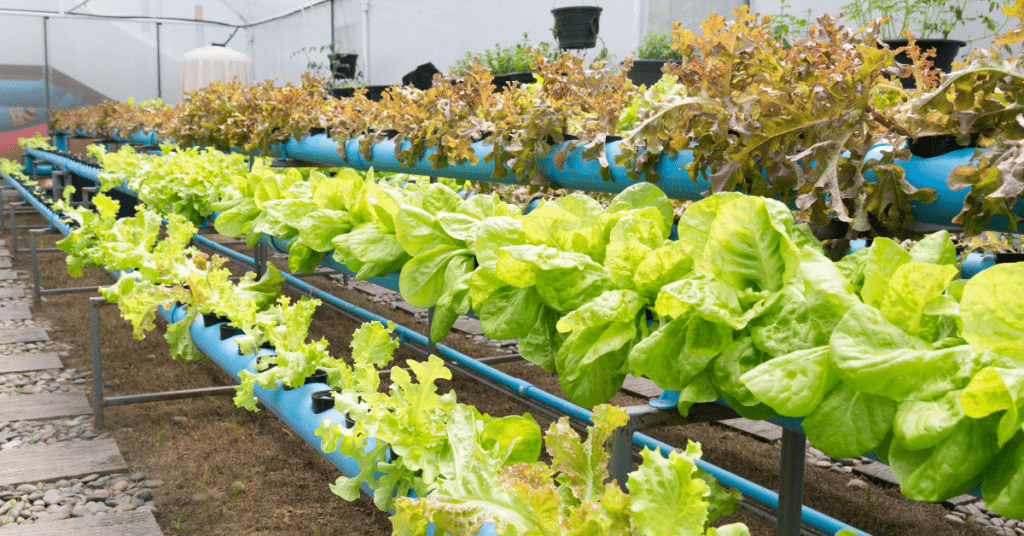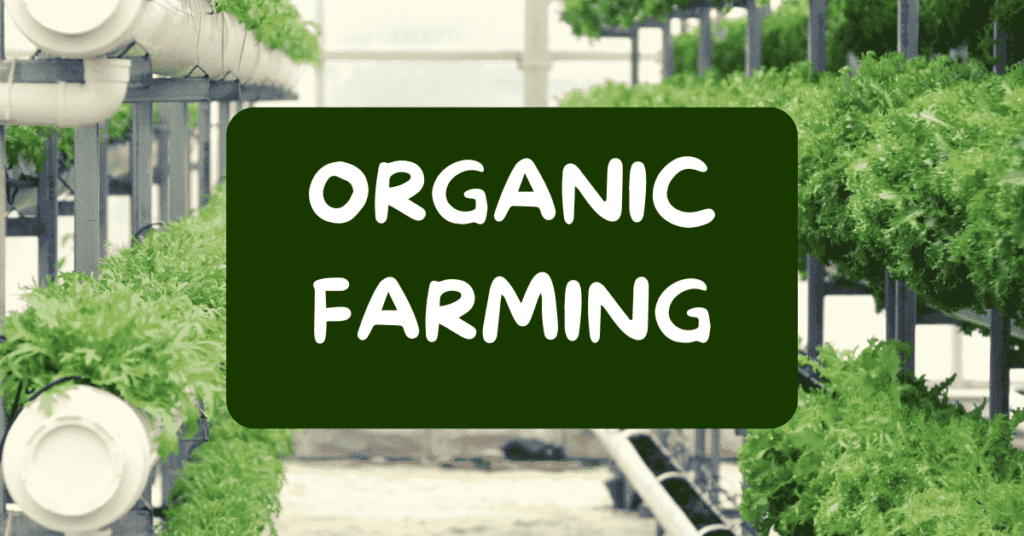Budget-Friendly Homestay Experience at Off Grid Rajasthan
Dreaming of a vacation that transcends the typical tourist experience? Look beyond the usual hotels and resorts and discover the charm of a rural escape at Off Grid Rajasthan, a hidden gem nestled amidst the captivating landscapes of Kotputli, Rajasthan. Unforgettable Memories on a Budget Off Grid Rajasthan isn’t your average homestay. It’s a commitment to creating unforgettable memories for budget-conscious travelers seeking a unique blend of rural charm and modern comfort. Whether you’re on a family vacation, a getaway with friends, or even a solo retreat to reconnect with nature, Off Grid Rajasthan promises an experience unlike any other. Immerse Yourself in Nature’s Embrace Imagine waking up to the gentle symphony of birdsong and the breathtaking vista of lush organic fields bathed in the golden glow of the sunrise. Off Grid Rajasthan offers this idyllic setting, allowing you to truly reconnect with nature. Experience the Thrill of Hydroponics But Off Grid Rajasthan goes beyond scenic beauty. Dive into the world of sustainable agriculture with their innovative hydroponics setup. Learn about this fascinating method of growing plants without soil, using nutrient-rich water. Not only is it a fun and educational experience, but you can also savor the farm-fresh produce harvested right on-site, ensuring the ultimate farm-to-table dining experience. A Culinary Journey Awaits Indulge your taste buds with the authentic flavors of Rajasthan at Off Grid Rajasthan. Their homestay experience boasts delectable home-cooked meals prepared using fresh, locally-sourced ingredients and cherished family recipes. Every bite is a delightful journey through the culinary heritage of the region. Unwind in Rustic Comfort Off Grid Rajasthan offers a selection of tastefully designed “Rustic Retreats” – traditional vacation homes that provide a comfortable and relaxing stay. Each retreat is equipped with modern amenities, ensuring a convenient and enjoyable experience. But the true charm lies in the rustic ambiance, allowing you to truly immerse yourself in the simple joys of rural life. Family Fun and Romantic Getaways Whether you’re seeking a peaceful retreat for the whole family or a romantic escape for two, Off Grid Rajasthan caters to all. Families can create lasting memories exploring the wonders of nature, learning about sustainable agriculture, and enjoying the serenity of the countryside. Couples can find solace in the tranquility of the surroundings and reconnect amidst the beauty of nature. Adventure Beckons Off Grid Rajasthan isn’t just about relaxation. It’s also a gateway to adventure. Explore the picturesque landscapes of Kotputli on a thrilling hike or a scenic bike ride. The dedicated staff at Off Grid Rajasthan is always happy to help you plan your itinerary and ensure a memorable and stress-free stay. Unveiling the Rich Tapestry of Rajasthan Step outside the boundaries of Off Grid Rajasthan and delve into the rich cultural tapestry of Rajasthan. Explore nearby historical sites, immerse yourself in local traditions, and experience the vibrant spirit of the region. Off Grid Rajasthan offers the perfect base for your cultural explorations. Escape the Ordinary with Off Grid Rajasthan Off Grid Rajasthan is more than just a budget-friendly homestay. It’s a philosophy – a commitment to reconnecting with nature, embracing sustainable practices, and experiencing the authentic charm of rural Rajasthan. Book your stay today and embark on a journey that will leave you rejuvenated, inspired, and with memories that will last a lifetime. Ready to Experience the Off Grid Magic? Visit Off Grid Rajasthan’s website (Offgridrajasthan.com) to learn more about their unique offerings, explore their photo gallery, and book your unforgettable escape. Remember, Off Grid Rajasthan is conveniently located near Kotputli, Rajasthan, just a comfortable 2-hour drive from Gurugram, making it the perfect getaway for those seeking a break from the city bustle.










